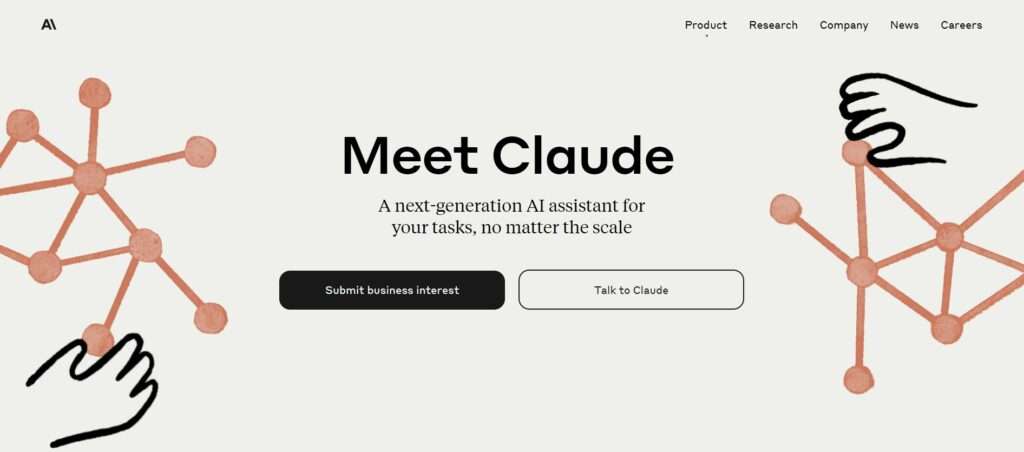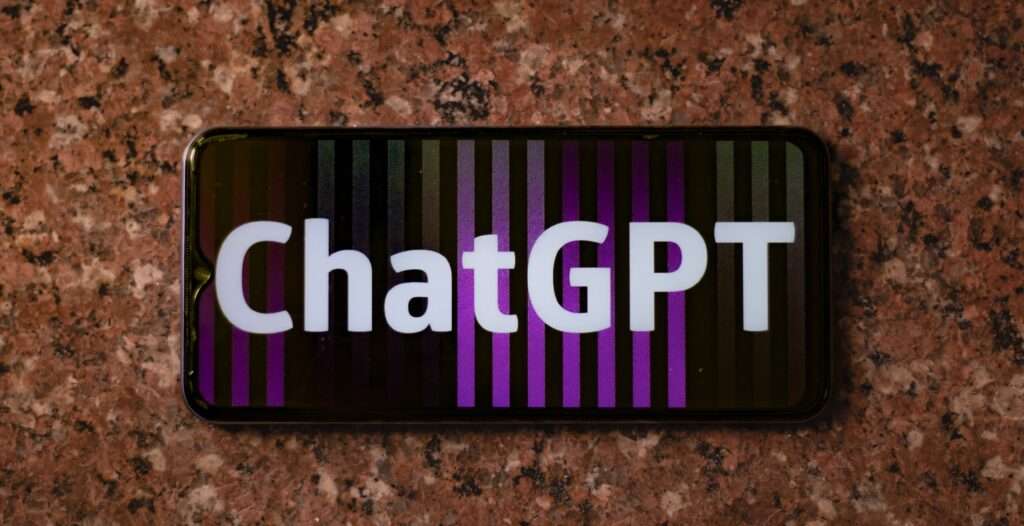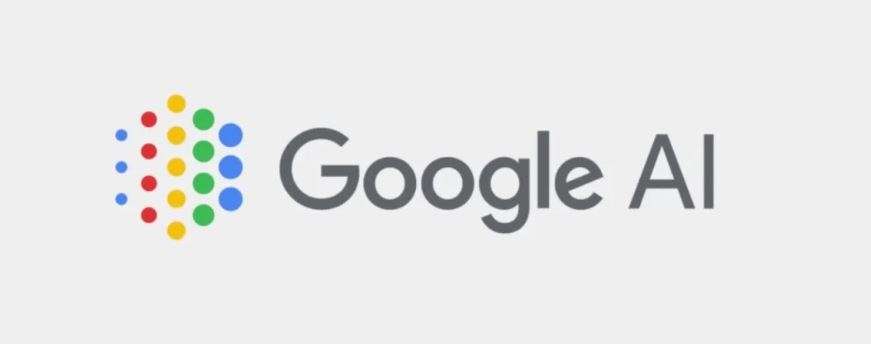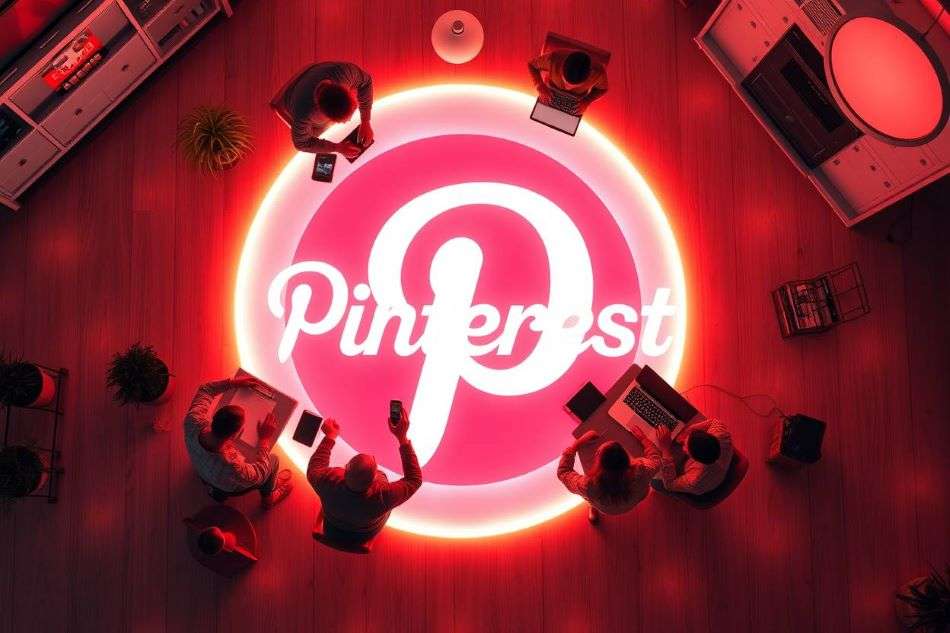Anthropic AI vs ChatGPT vs Google Bard – Comparing the Top LLMs
The Latest in Generative AI: Comparing the Top LLMs The rapid evolution of generative AI has given rise to impressive new large language models (LLMs) that can engage in remarkably human-like conversation. Major tech companies are competing to release the most capable system, aiming to unlock new possibilities for businesses and consumers. Three leading contenders … Anthropic AI vs ChatGPT vs Google Bard – Comparing the Top LLMs
The Latest in Generative AI: Comparing the Top LLMs
The rapid evolution of generative AI has given rise to impressive new large language models (LLMs) that can engage in remarkably human-like conversation. Major tech companies are competing to release the most capable system, aiming to unlock new possibilities for businesses and consumers. Three leading contenders staking their claim are Anthropic’s Claude, OpenAI’s ChatGPT, and Google Bard. In this article, we’ll analyze how these LLMs compare on key capabilities like conversational ability, knowledge, accuracy, and integration with other products.
Claude AI: The Safe and Helpful Bot from Anthropic AI

Claude comes from AI safety startup Anthropic, founded by former OpenAI researchers who split off to focus on developing beneficial AI. Claude aims to avoid many of the issues that plague chatbots like spouting harmful or false content. The bot has been trained using a technique called Constitutional AI, intended to keep its responses harmless and helpful. Claude is currently in limited beta testing with plans for a wider release.
In demos, Claude appears adept at lengthy conversations across diverse topics while avoiding inappropriate or dangerous replies. According to Anthropic, Claude can chat 50% longer than alternatives before requiring a reset. The bot incorporates social norms to have natural back-and-forth exchanges. Anthropic claims Claude avoids fabricating facts or confidently answering questions it shouldn’t, unlike generative AI models that tend to guess plausibly in ignorance. This helps Claude stay honest and harmless.
Claude will be available via API for partners to integrate into their products and services. Its advanced conversational abilities could enable a new wave of safe and ethical bots for applications like customer service, tutoring, or interactive entertainment. Whether Claude lives up to its promises remains to be seen, but the focus on safety over capabilities sets it apart.
ChatGPT: OpenAI’s Virally Popular Bot

ChatGPT comes from leading AI research institute OpenAI, who unveiled the bot in November 2022. It immediately went viral for its human-like conversational skills and approachable interface that anyone could try. The free research preview led to over 1 million users in less than a week, faster growth than apps like Instagram or TikTok.
ChatGPT can answer follow-up questions, admit mistakes, challenge incorrect premises, and reject inappropriate requests, showing impressive conversational ability. It covers topics ranging from science to philosophy to coding. The bot built and released initially on OpenAI’s GPT-3 language model but with crucial innovations that enable much more natural back-and-forth dialogue. The current version is GPT-4 Language model which is trained on much larger data sets and with greater accuracy on responses (60% less likely to hallucinate)
However, ChatGPT does have some notable weaknesses. As it is trained on data only up to 2021, it lacks knowledge of recent events. More concerning is its tendency to confidently generate plausible-sounding but false answers when uncertain. OpenAI acknowledges the model sometimes “hallucinates” facts and provides warnings not to trust its outputs. Nonetheless, ChatGPT represents a major leap forward in conversational AI.
While free for now, OpenAI intends to eventually monetize ChatGPT, likely via a paid API. This would allow integration into business applications but poses questions around ethics and access. ChatGPT remains the conversation king, though its trickiness with truthfulness leaves room for improvement.
Currently, ChatGPT provides a Plus paid version that allows access to its powerful GPT-4 Language model, currently limited to 25 outputs every 3 hours.
Google Bard: Integrating LLMs into Search

With ChatGPT stealing the spotlight, Google responded by unveiling Bard in February 2023. This represents the tech giant flexing its resources to compete in the field of Artificial Intelligence. Bard aims not just for good conversation but accurate, up-to-date information.
Google has shared few technical details but says Bard builds on earlier programs like LaMDA. A key advantage is Bard’s access to the latest info across the web in 2023, whereas ChatGPT stopped training in 2021. Google also emphasizes high-quality sources and fact-checking, claiming Bard will avoid the “hallucination” issues of alternatives.
Bard is being integrated directly into Google’s search engine, allowing it to provide summarized answers to complex questions rather than just links. This could enable search to better handle conversational needs.
Being baked into Google’s products gives Bard an edge in reach and data access. The company’s vast resources in computing power and engineering talent also give it an advantage over smaller players. If Bard lives up to promises on accuracy, it could bring LLMs firmly into the mainstream through search. But increased dominance by Google also raises concerns.
Comparing Conversational Ability, Knowledge and Accuracy
When comparing Claude AI vs ChatGPT vs Google Bard directly, we see each LLM has different strengths:
Conversational Ability: For natural speech and extended dialog, ChatGPT remains state-of-the-art. Its persona oozes human vibes. Claude AI claims improvements through techniques like Constitutional AI, but ChatGPT still leads in personality and wit. Bard is focused more on concise, accurate answers rather than entertainment.
Knowledge: Bard has the advantage of accessing information from 2023 rather than being restricted to pre-2021 training data. This recency lets it answer questions and discuss current events more convincingly. ChatGPT’s knowledge cuts off in 2021, though community efforts to “refresher train” may help.
Accuracy: Google emphasizes Bard’s accuracy and fact-checking, while acknowledging generative AI’s pitfalls. ChatGPT is more prone to falsehoods and even Claude makes no promises. Safety approaches like Anthropic’s consortium modeling may help Claude stay honest. The jury is still out.
Taken together, there are clear strengths emerging, but no dominant leader yet across the board.
The Bottom Line for Businesses:
Claude AI vs Google Bard vs ChatGPT – Which is the best for my company?
Perhaps this thorough comparison between Claude AI vs Google Bard vs ChatGPT will shed some light on which is the best LLM for your practical use case and which is the one to be implemented in your business operations in order to achieve the best potential outcome.
For companies considering leveraging generative AI, it’s an exciting time with much potential, but also continued uncertainties. As strengths and weaknesses become clearer over 2023, leaders can determine which LLM best fits their needs.
Key factors to evaluate include conversational tone, authenticity, accuracy, recency of knowledge, and how seamlessly the LLM integrates with existing tools. Safety, ethics and transparency will also be crucial.
Many firms are still in a wait-and-see mode. But early adopters in sectors like marketing, customer service, and product development can already start testing and honing effective practices. The models themselves are still evolving rapidly too.
It remains the early days for generative AI in business. Those who study the landscape thoughtfully now can gain a competitive edge as leading LLMs like Claude, ChatGPT and Bard continue to mature.
The Future of Generative AI

The breakthroughs from Claude, ChatGPT and Bard underscore how quickly AI is now advancing. Each model sets a new high mark in key areas like conversational ability and believable content generation.
In the near-term, we will likely see continued leapfrogging as researchers fix weaknesses and expand capabilities. Companies will compete fiercely on metrics like safety, accuracy, knowledge and accessibility. This mirrors earlier battles between search engines until Google pulled away from the pack.
Responsible adoption remains a challenge as well. Thought leaders have raised valid concerns about issues like bias, misinformation, and job losses due to automation. Access could also centralize around profit-driven Big Tech platforms.
There are certainly risks to navigate, but also immense opportunities. Tools like large language models could democratize content creation, provide personalized education, or unlock human productivity. The extremes of hype and alarmism both warrant caution.
Large language models that opens new opportunities marks a new frontier. How society and business choose to handle its awesome powers will shape our collective future. The choices ahead merit deep thought and wisdom.
Explore more ChatGPT Prompts for startups in our article here. For more practical advice on AI for Business leaders and a range of tools for financial management, excel formulas generators, video editing or productivity / meeting software that are suitable for large enterprises yet affordable and can seamlessly leverage the power of AI for small business.



